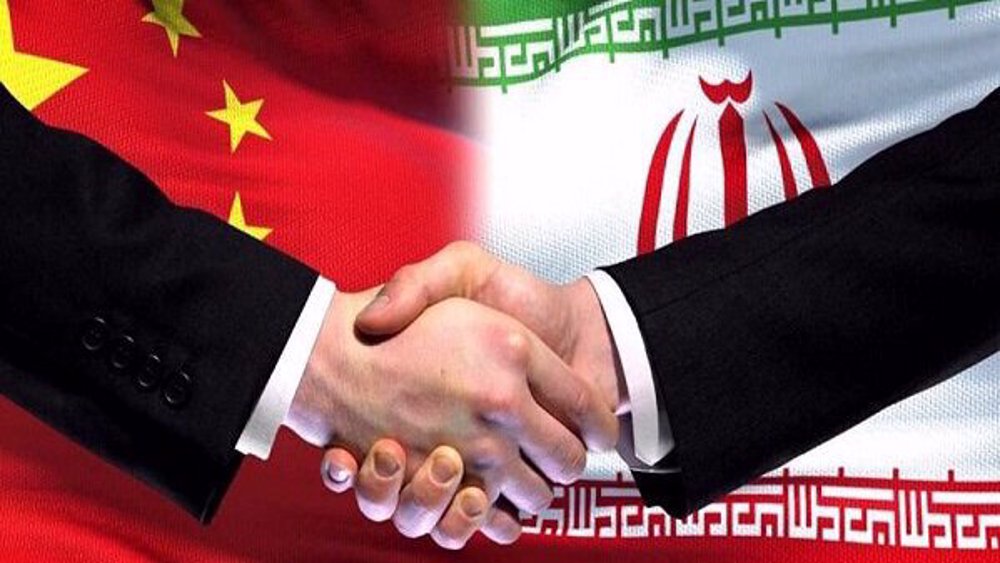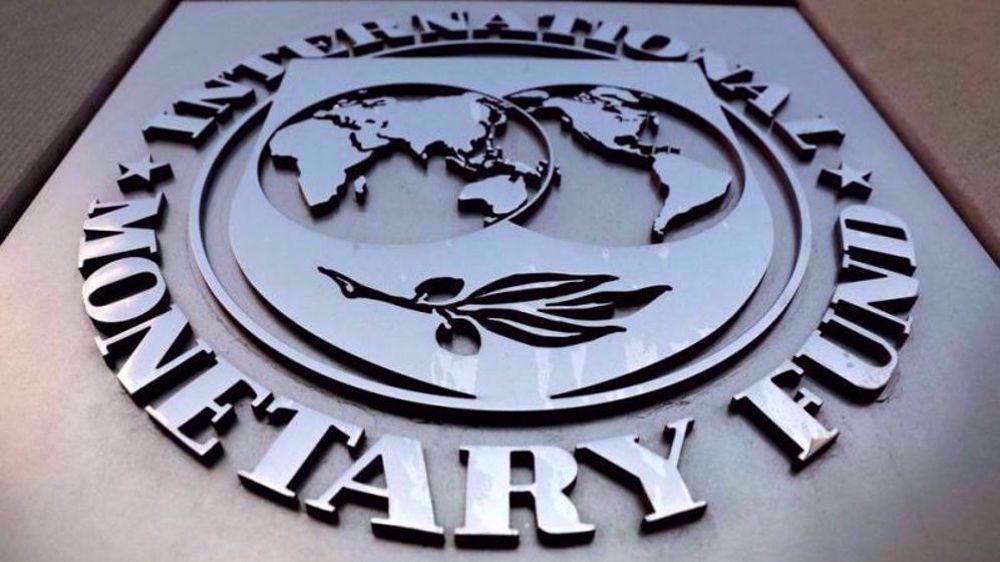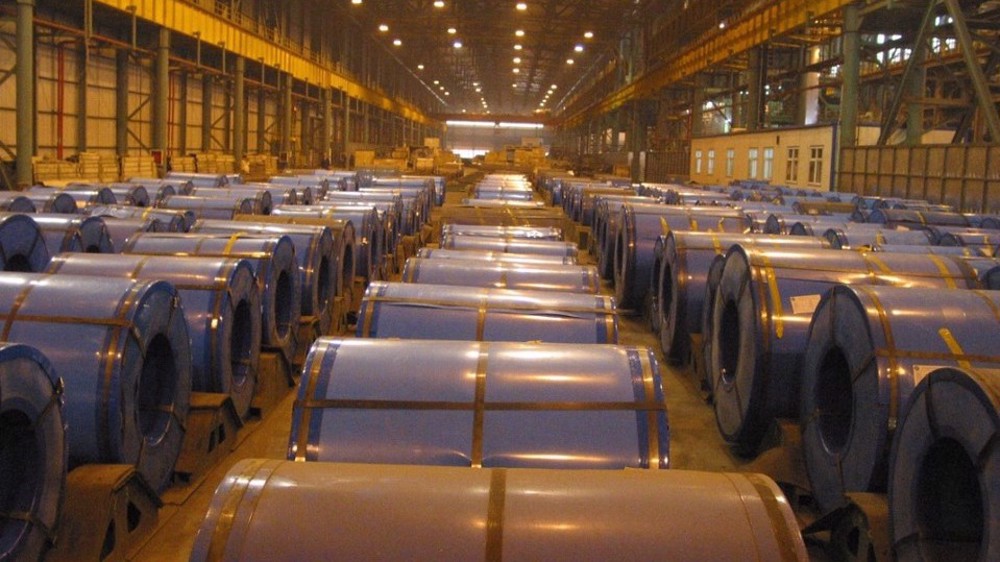Opportunities of 25-year partnership for Iran and China
Iran and China, two countries that are in structural conflicts with the current world order, have signed a "Comprehensive Strategic Partnership Agreement" which is centered on geo-economic goals.
The document heralds opportunities for Iran's economic diplomacy, but the road to its implementation is riddled with challenges.
The economic opportunities include the potential to facilitate communication and information infrastructure, expand trade and investment as well as financial and banking cooperation, allow Iran to participate in the Belt and Road Initiative and reduce sanctions pressure.
However, the disparity of expectations from the agreement, the inconsistency of the two countries’ theoretical and practical policy-making, their distinct commercial structures, sanction-related snags in financial and banking convergence, and the dearth of economic and commercial diplomats in Iran mean the two countries have an uphill task to implement the agreement.
The most important of these challenges is the heavy shadow of sanctions, which severely limits Iran's room for maneuver, but also a reason for the two countries to cooperate.
The changing structural conditions and the flux of the international system marked by the decline of the US hegemony exert pressures on emerging powers such as China and regional powers such as Iran.
Under structural pressures, Iran and China are faced with certain requirements and contingencies that lead them to convergence. This is the basis for the initiation of the comprehensive strategic partnership agreement which is based on mutual requirements and necessities.
One of the most important manifestations of the hegemonic power's confrontationalism is the use of sanctions, which have been widely used in the United States' foreign policy in recent years in such a way that the number of countries targeted by sanctions has increased.
Although the degree of being impacted by sanctions is a function of the size and strength of economies and hence, it is different from country to country, the imperative to face off the hegemon is common.
Under the pressure of several decades of sanctions, which have intensified in recent years due to the nuclear standoff, Iran has pursued a “look east" policy.
Iran’s expectations of economic opening after submitting to a nuclear agreement in 2015 were met with former president Donald Trump's unilateral withdrawal from the accord and his imposition of new sanctions under Washington’s “maximum pressure” campaign.
Amid the exponential pressure of sanctions, Iran took on the path of Asia to break the tightening web of sanctions and turned its attention to China more than before.
A glance at Iran's trade relations shows China is Iran's first economic partner, with a distant 30% share of the country’s foreign trade compared to other countries.
China is the most important source for Iran’s technological and industrial needs, the most important buyer of Iranian oil and the only country that has chosen the policy of keeping its economy open to Iran at a time of mounting sanctions pressure.
Moreover, under the guiding principle of "China's peaceful rise”, the Chinese government pursues a policy of economic activism in various regions, especially strategic regions such as the Persian Gulf.
Given the enormity of energy intensive industries in China, the imperative to guarantee energy security is one of the key pillars of the country’s economic development strategy.
This per se explains Beijing's endeavors to strengthen economic relations with the oil-rich countries of the region such as Iran and Saudi Arabia.
However, it should be noted that the role of Iran is more important and the Chinese are well aware of Iran's capacity and ability to influence the stability and security of the region.
Hence, they are keen to strengthen Iran's stabilizing role in the region in order to guarantee energy security, and the 25-year strategic partnership agreement fulfills this part of China's intentions.
Araghchi slams World Economic Forum for canceling his invitation
Iran condemns Argentina’s unfounded accusations against IRGC
VIDEO | Fighting British state
Pezeshkian calls recent riots in Iran part of ‘failed’ US-Israeli war
VIDEO | Iran unity nullifies sedition
UK ‘preemptively’ discharges pro-Palestine hunger strikers recovering in hospital
US dollar falls in Iran amid rising export currency supply
Trump’s ‘Board of Peace’ for Gaza an extension of Israeli occupation: Ex-UN rights chief










 This makes it easy to access the Press TV website
This makes it easy to access the Press TV website